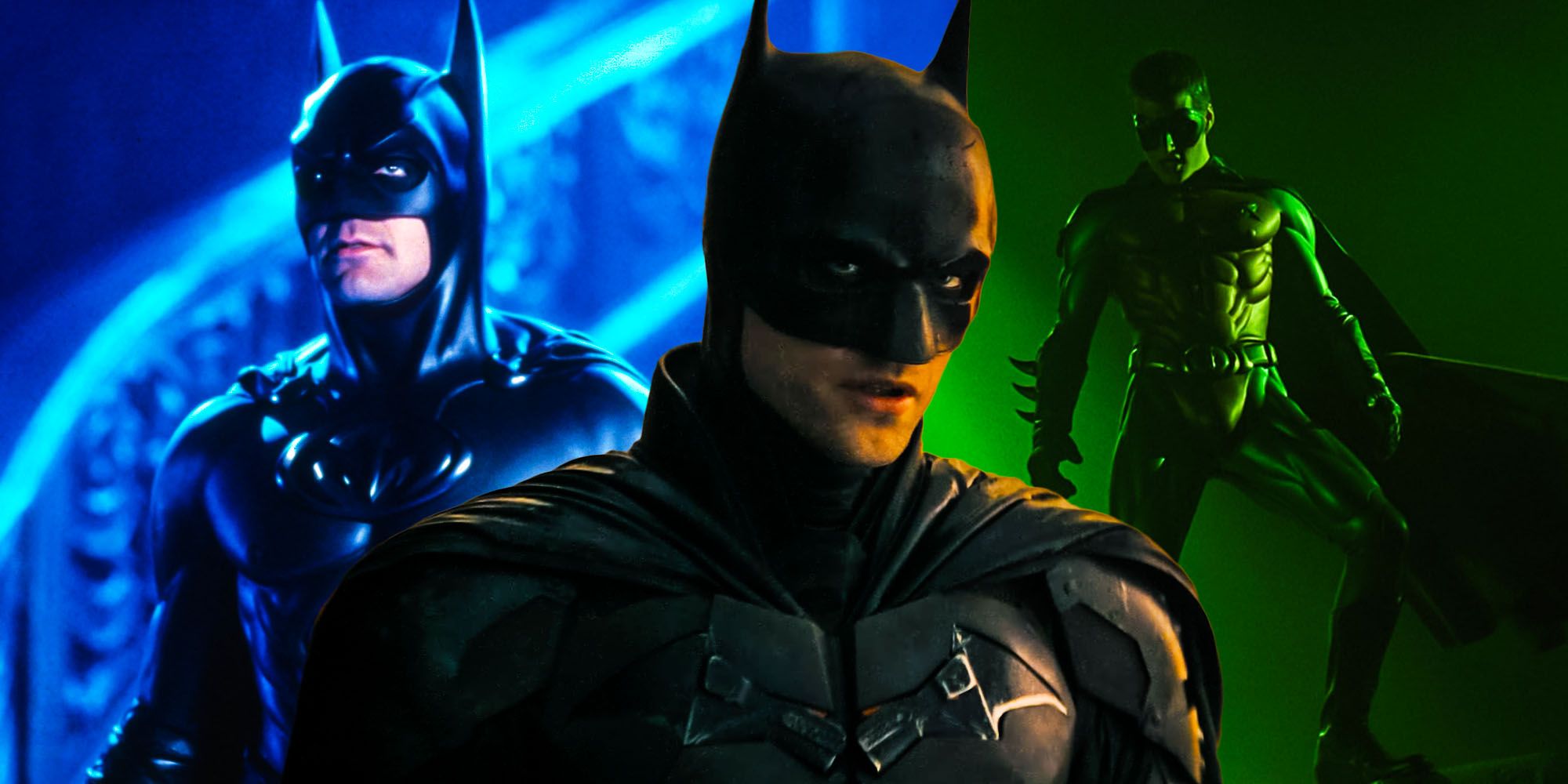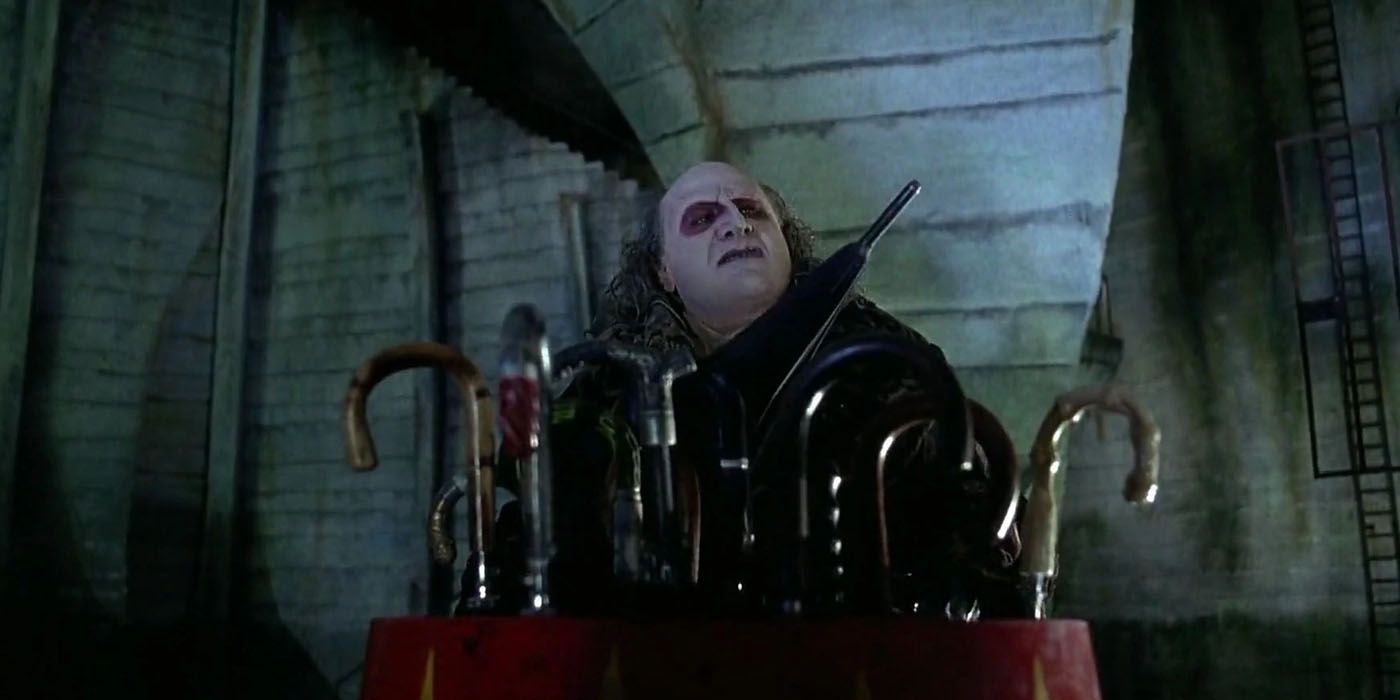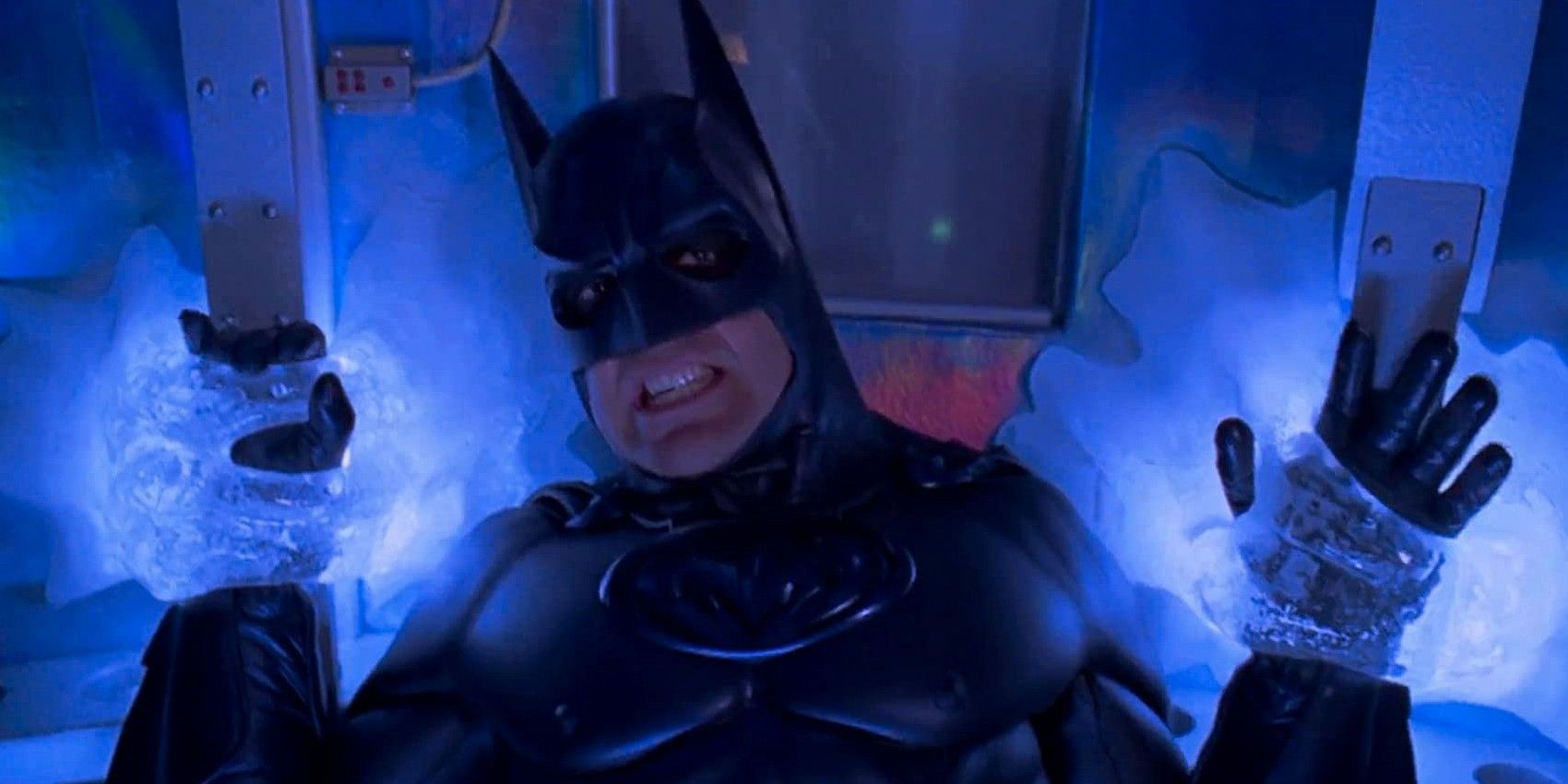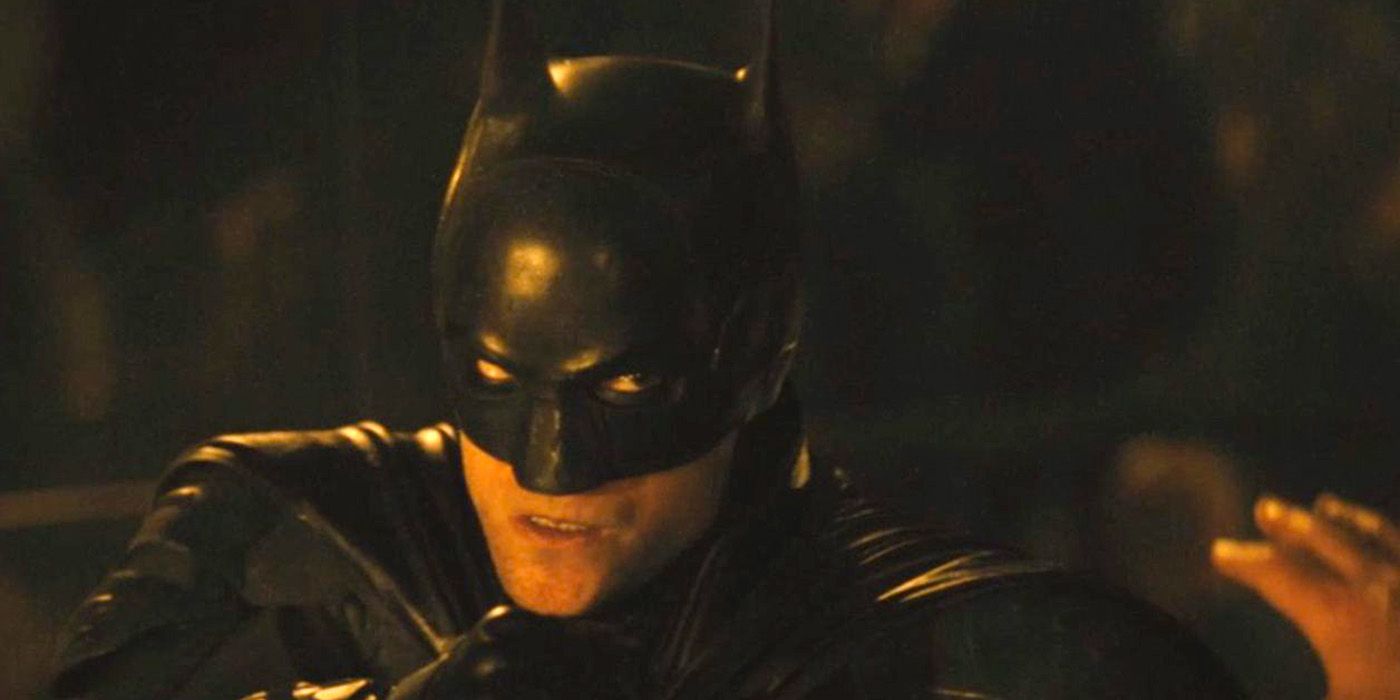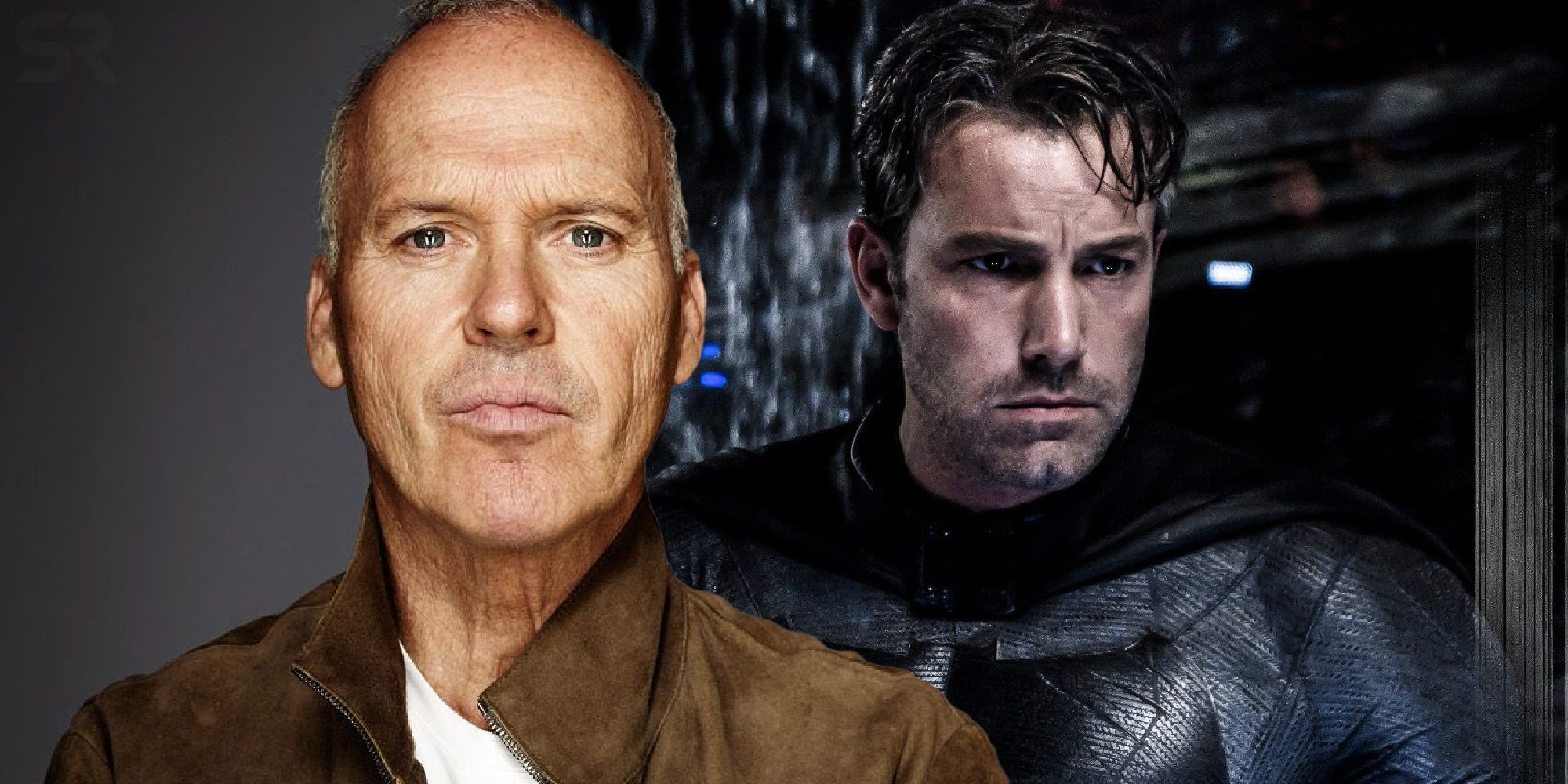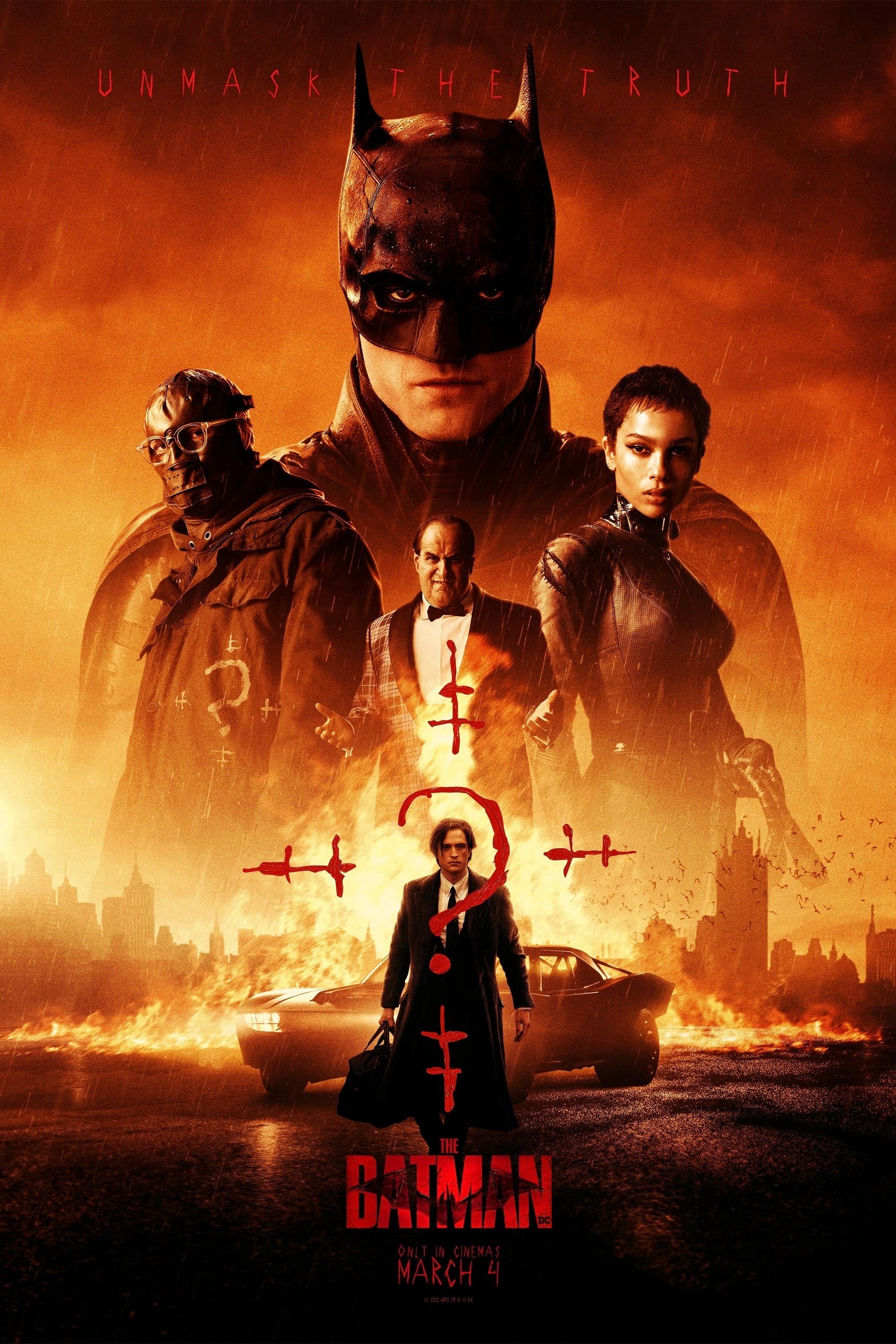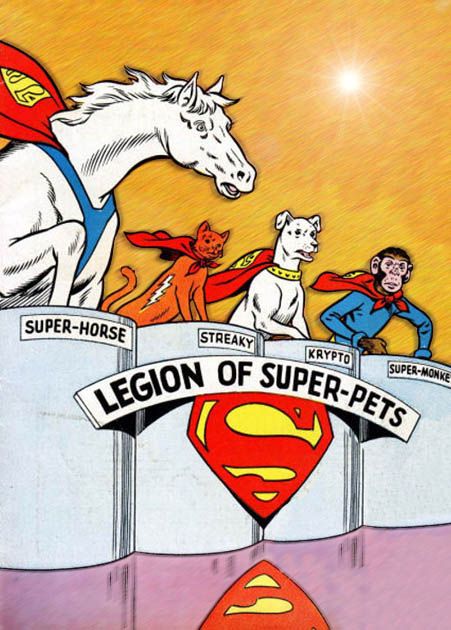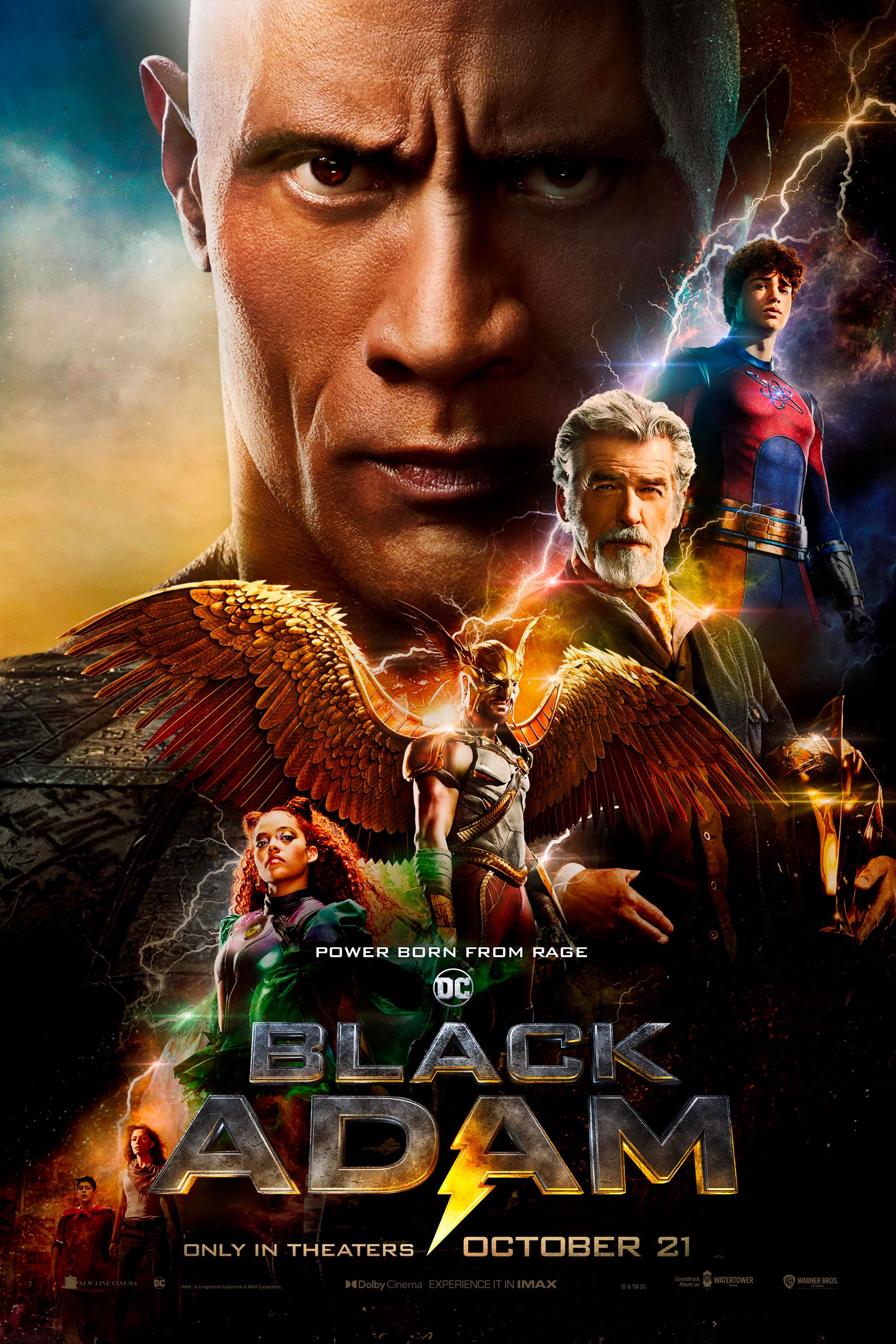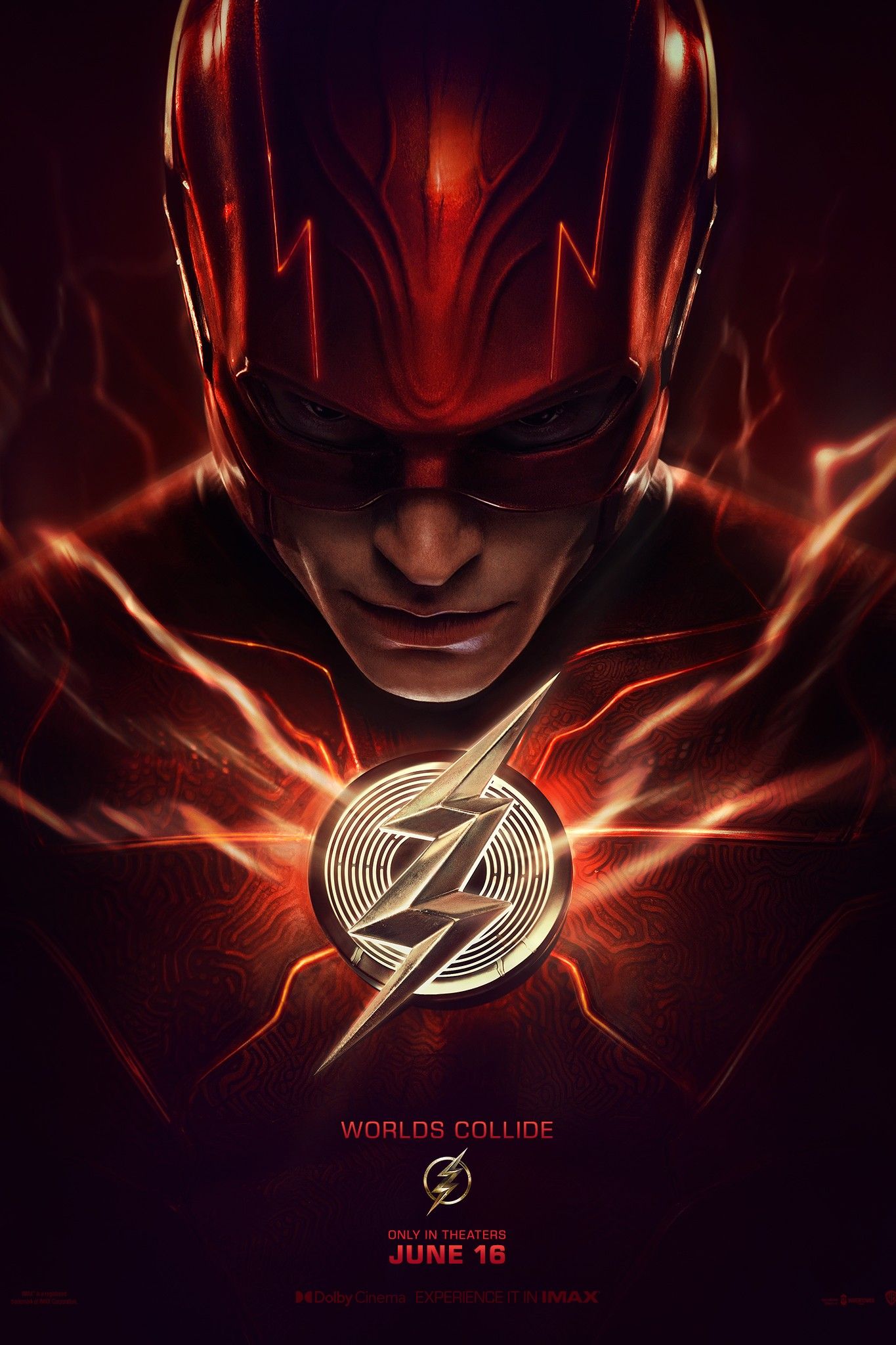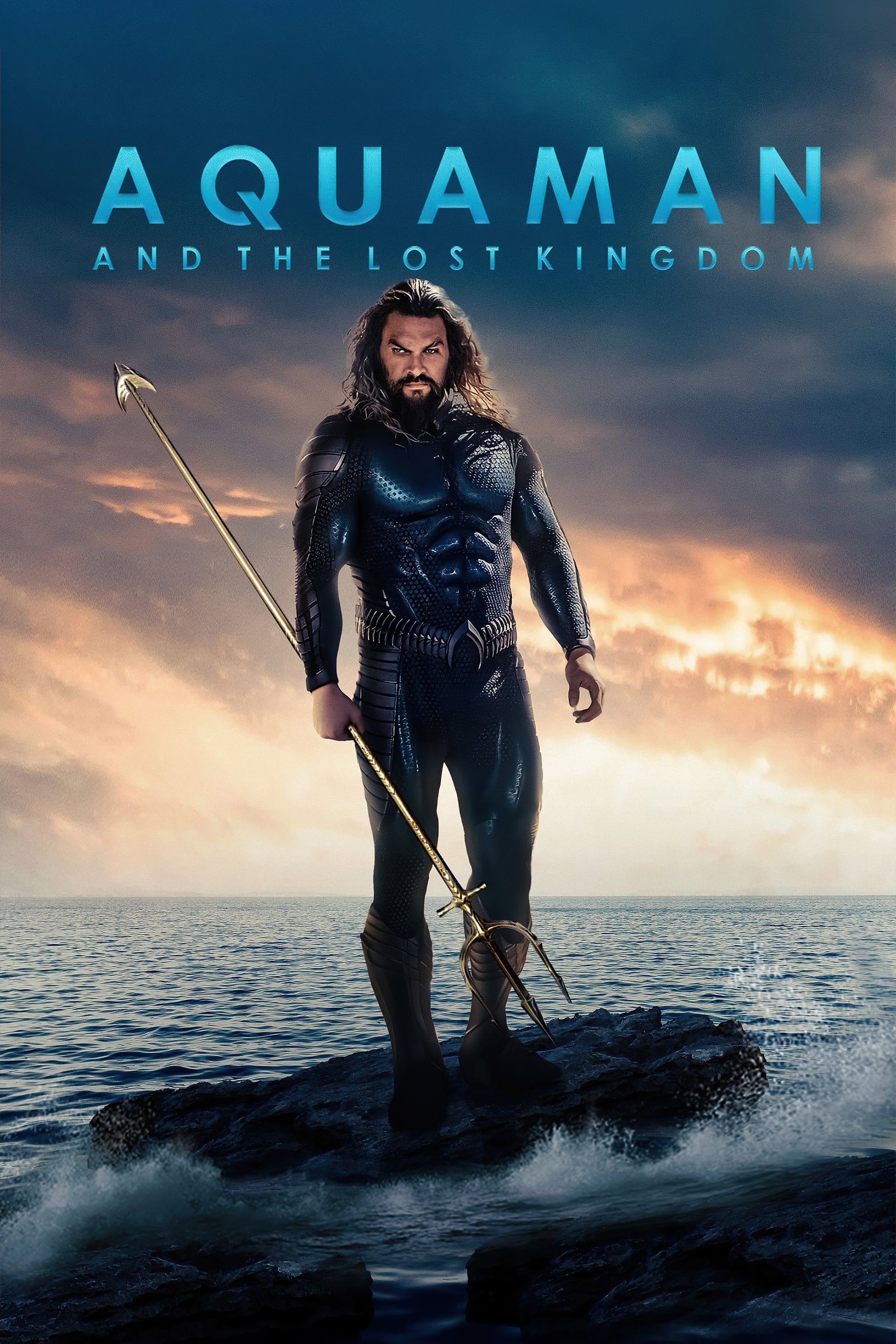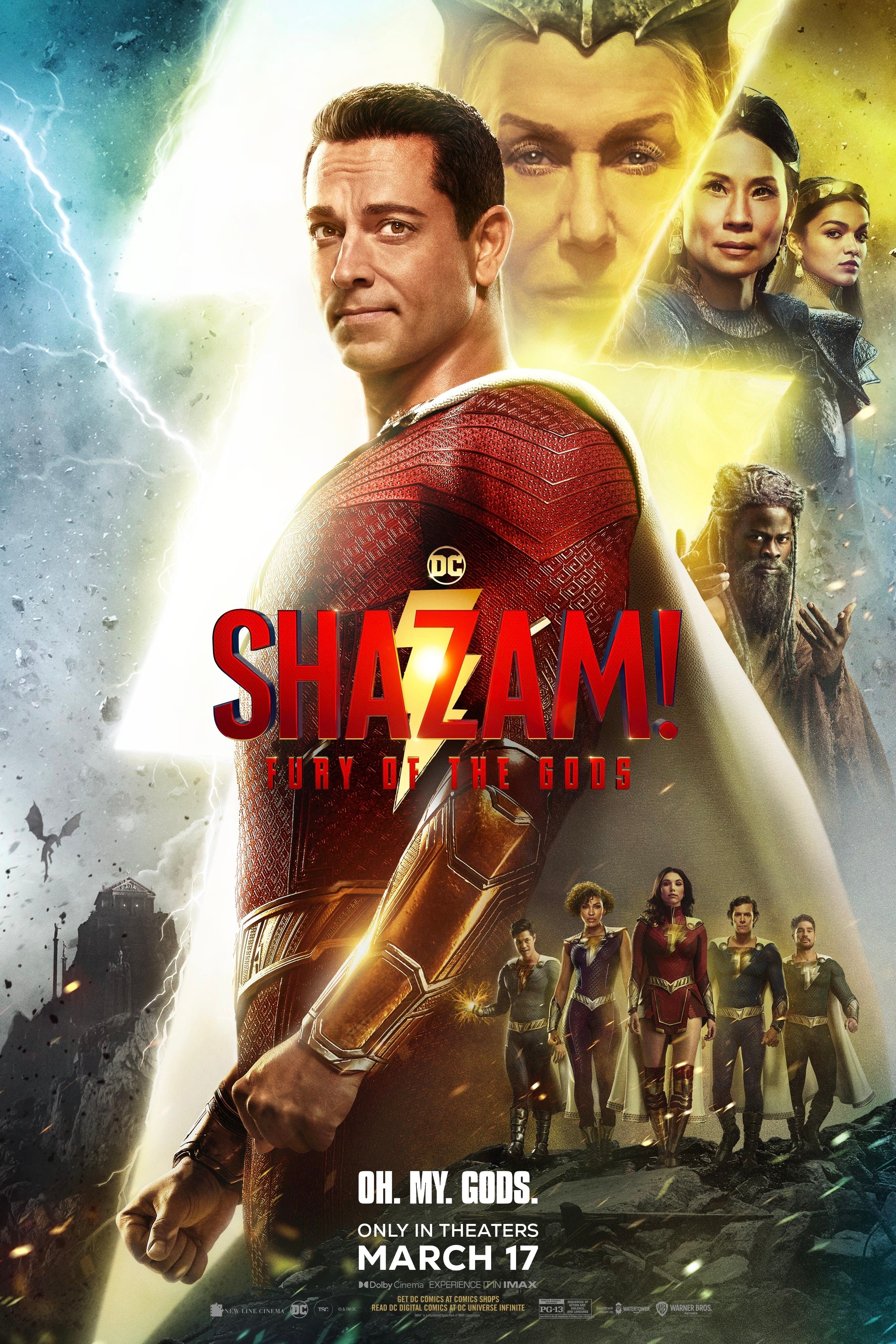As three top actors prepare to portray Batman in live-action movies, the Dark Knight's 2022 calendar proves the folly of Joel Schumacher's 1990s direction. Adam West might've brought DC's Caped Crusader to the big screen in 1966, but it wasn't until Tim Burton directed Michael Keaton's Batman in 1989 that the comic book icon's film career truly began. The Burton-Keaton partnership was usurped by Joel Schumacher and Val Kilmer in 1995, but a sojourn with George Clooney's Batman prompted yet another franchise reboot. Christopher Nolan then found great success directing Christian Bale in the Dark Knight trilogy, but Ben Affleck's DCEU incarnation endured more mixed fortunes.
Carrying the Batman mantle into 2022 is Robert Pattinson... and Michael Keaton... and Ben Affleck. March 2022 marks the premiere of The Batman, Matt Reeves' standalone DC effort starring Pattinson as the title character. Several months after, Ezra Miller returns in Warner Bros.' DCEU The Flash movie. The Scarlet Speedster will be accompanied by an older version of Keaton's Bruce Wayne from the Tim Burton movies, and the returning Affleck. All in all, 2022 promises a big year for the Justice League's moodiest superhero.
Across his various cinematic outings, Batman has traversed the entire spectrum of superhero tones, producing some of the darkest, most intense comic book adaptations ever made, and some near-unwatchable collisions of camp and cringe too. The Batman franchise's most abrupt tonal shift came when Joel Schumacher replaced Tim Burton in 1995, but as Bruce Wayne's banner year at the box office begins, it becomes clear how misguided the "Light Knight" era truly was.
Warner Bros Never Understood Batman's Dark Appeal
Despite his relative lack of familiarity with DC's source material, Tim Burton was the perfect choice to bring Batman's world to life in 1989. The director's natural affinity for all things shadowy and spooky perfectly suited Bruce Wayne's 1980s comic book antics, which included Alan Moore's seminal The Killing Joke - a graphic novel that greatly influenced Michael Keaton's Batman debut. Burton plumbed even darker depths for Batman Returns in 1992, which incorporated more of the offbeat, gothic, horror-tinged elements found throughout Kooky Tim's filmography.
Batman Returns' grim tone vexed Warner Bros. greatly. Not only did Tim Burton's Batman sequel generate lower box office than the original, but sponsors (most infamously McDonald's) were deeply unhappy at having marketing tie-ins to a movie where Penguin tries blowing up children, and Catwoman becomes something of an unhinged Edward Scissorhands bearing a grudge against stuffed animals. Parents and conservative organizations were up in arms over McDonalds promoting such violence, sending PR departments into overload and triggering a conversation over whether Batman movies should be aimed primarily toward children, rather than bloodthirsty adults and avid comic readers.
Warner Bros. was certainly leaning toward the former during the mid-1990s, with an anonymous representative admitting to EW, “If you bring back Burton and Keaton... you can’t expect Honey, I Shrunk the Batman.” Burton elaborated on his Batman departure in a 2014 interview with Yahoo! where he revealed, "I think I upset McDonalds. ‘What’s that black stuff coming out of the Penguin’s mouth. We can’t sell Happy Meals with that!’ They [the studio] wanted to go with something more child or family-friendly.”
Having ushered out Burton, Warner Bros. hired Joel Schumacher to turn Batman's frown upside down. In doing so, the studio grossly misunderstood Batman's character and his comic book appeal. Superman is DC's clean-cut role model; Batman is the morally-ambiguous rebel. And despite Batman Returns taking a box office hit, Burton's sequel still became the third highest-grossing domestic release of 1992, suggesting Ronald McDonald wasn't the only contributing factor. In more recent years, we've seen The Dark Knight and Batman V Superman: Dawn of Justice - two darker depictions of the DC character - experience vastly different financial fortunes, proving Warner Bros.' "lighter tone = more money" assumption from the 1990s was missing the point.
Joel Schumacher's Batman Movies Went Too Family-Friendly
Joel Schumacher stuck to his brief with 1995's Batman Forever and 1997's Batman & Robin. Corny one-liners compliment a cartoonish action style, and the larger-than-life characters are free from Tim Burton's twisted oddness. Gotham City becomes a contemporary neon metropolis, while even Riddler and Two-Face's most evil moments feel tempered by slapstick silliness. Batman Forever succeeds in its aim of broad appeal, keeping parents and sponsors happy while improving upon Batman Returns' box office haul. Joel Schumacher's DC debut isn't really as sanitized as some suggest. Robin still pummels Two-Face in revenge for the Flying Graysons' circus deaths, Riddler throws his boss out a window, and Val Kilmer doesn't completely shed Keaton's "tortured hero" vibe.
But where Batman Forever has its merits, Batman & Robin does not. Bordering on farce, the sugary tone of Batman Forever was amplified to tasteless heights, and George Clooney's casting typified how Warner Bros. was prioritizing Batman's "brand" over picking a suitable actor. With Batman Forever, Joel Schumacher made a Batman movie for a young audience; in Batman & Robin, he made a film that insulted even the youngest Caped Crusader fan's intelligence. Underpinning that failure was the mistaken belief that Batman is a glorified mascot, never to be confused for grown-up cinema. Batman & Robin's across-the-board failure proved the "dumbing-down" philosophy that defined Schumacher's movies wouldn't necessarily correlate with higher box office.
The Batman Could Be The Darkest Dark Knight Yet
Lessons were quickly learned after Batman & Robin. Warner Bros. allowed Christopher Nolan to make his pitch-black Dark Knight trilogy, and everyone benefited. Box office, reviews, and audience reaction were all overwhelmingly positive, despite Christian Bale representing the absolute antithesis of Val Kilmer and George Clooney. History sort-of repeated itself in the mid-2010s, however, when Zack Snyder's "too dark" Batman V Superman infamously led to Warner Bros. asking if Joss Whedon would mind lightening up Justice League. A mammoth internet campaign against the "Whedon cut" once again proved that lighter Batman was nobody's favorite Batman.
And just as Warner Bros.' Batman & Robin debacle cleared a path for the radically different Batman Begins, the Justice League incident has given rise to The Batman - by all accounts the Dark Knight's most violent, brutal, pleasantly unpleasant movie outing yet. Robert Pattinson's Bruce Wayne is borderline-obsessed as Gotham City's newfound vigilante, at odds with even his faithful butler, Alfred. Stalking the streets when darkness falls, The Batman's titular hero proudly proclaims, "I am vengeance" as he punches a hapless thug to within an inch of his life, then electrocutes another with a taser. Even Zoë Kravitz's Catwoman - hardly a stranger to violence - is shocked by Batman's affinity for hurting people. Meanwhile, Riddler is pottering around town murdering public figures in increasingly gruesome ways.
For all the McDonald's anger, The Batman makes Batman Returns look like an episode of Barney the Dinosaur. And yet fans and critics across the land are proclaiming Robert Pattinson's DC debut as 2022's most exciting movie release. That's partly down to a shift in audience tastes and societal boundaries, but unlike Batman Returns, where family audiences were shocked at how sinister Tim Burton's sequel could be, an overwhelmingly dark tone is one of The Batman's foremost selling points.
Keaton & Affleck's Return Set Up A Dark DCEU Batman Too
With Robert Pattinson's Kurt-Cobain-meets-Punisher interpretation of Batman on the horizon, Warner Bros. might've been tempted to steer 2022's remaining cinematic Caped Crusaders into lighter territory. That doesn't appear to be the case.
Working on The Flash, Michael Keaton has spoken highly of how Andy Muschietti (director) is honoring Tim Burton's vision and aesthetic. A full 30 years after Warner Bros. asked him to make way for Joel Schumacher, that's surely some kind of vindication for Burton's Batman movies and the darkness woven through them. As an older, grizzled Batman, one would imagine Michael Keaton's Bruce Wayne hasn't mellowed with age either, and will continue to shy away from being "Honey, I Shrunk The Batman." Barry Allen will also be joined by his very first Justice League pal - Ben Affleck's DCEU Dark Knight. Branding criminals with the symbol of a bat, Affleck's character was hardly the cheeriest depiction of Bruce Wayne. Bringing he and Keaton together in 2022 must be keeping fast-food chain executives up at night.
While The Flash's plot remains largely under wraps, the 2022 DCEU effort is evidently inspired by the Flashpoint comic books. Depending on how Andy Muschietti interprets that source material, The Flash could include a murderous, bordering-on-evil Batman that takes the character into even grimmer territory than Matt Reeves is with The Batman. As Warner Bros prepares for a year full of live-action Batmen who all occupy various shades of moral gray, the studio is finally accepting that asking Joel Schumacher to lighten the mood in 1995 wasn't the right call.

